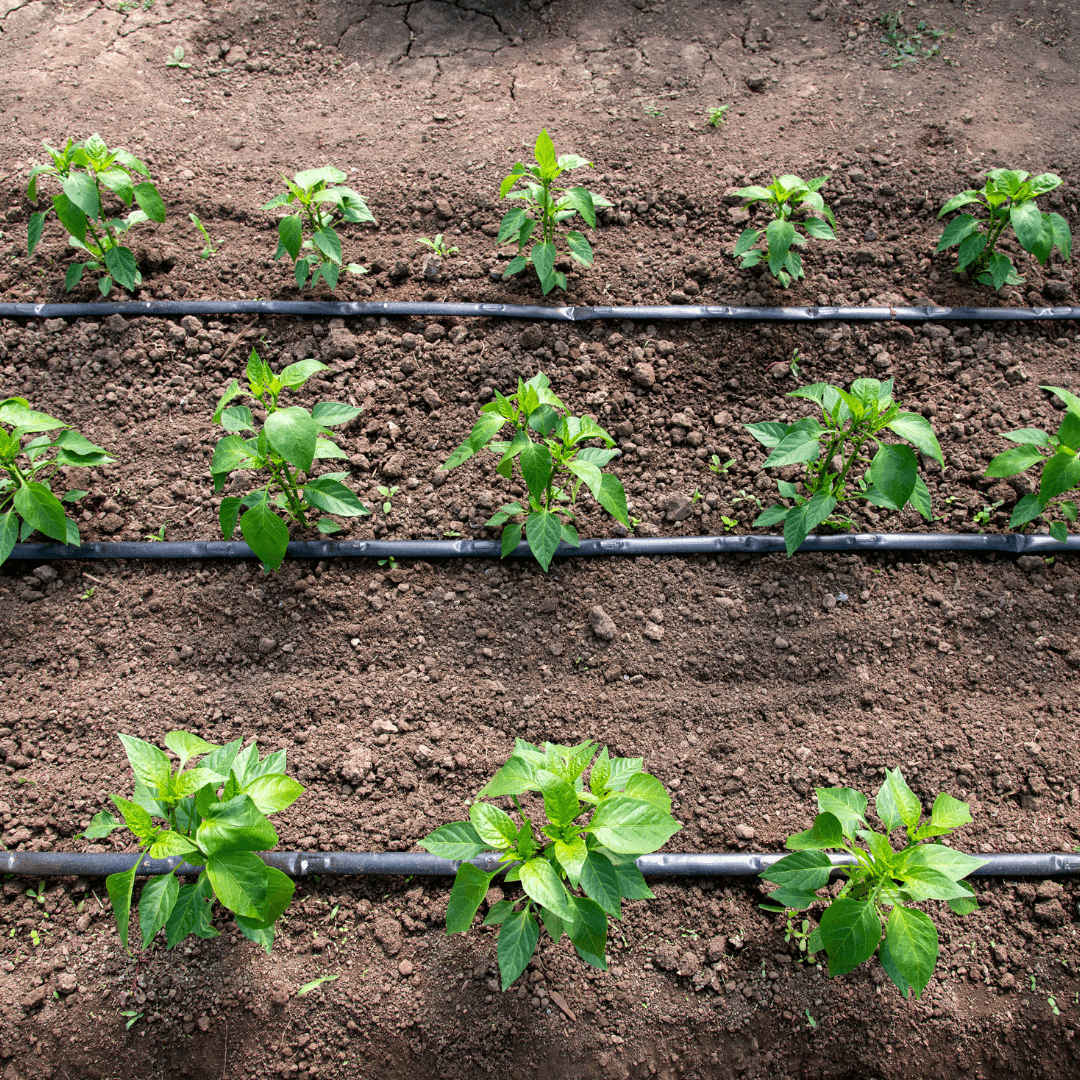Organic Vs. Synthetic Fertilizers: Which Is Best for Nurturing Healthy Pepper Plants?
In the world of supporting healthy pepper plants, the option in between synthetic and organic fertilizers stands as an essential choice with far-reaching effects. While both alternatives purpose to offer crucial nutrients to sustain plant growth, the nuances of their influence on the soil, plant health and wellness, and the setting stimulate a debate that mirrors throughout the horticulture neighborhood. Understanding the distinct benefits and possible challenges of each plant food kind is important for pepper cultivators seeking to optimize their returns while preserving a sustainable and eco-conscious strategy.
Advantages of Organic Fertilizers
Organic plant foods provide an environmentally-friendly and lasting approach to beneficial pepper plants, offering important nutrients without the usage of synthetic chemicals. These all-natural fertilizers are derived from natural sources such as compost, manure, bone dish, and seaweed, promoting dirt health and wellness and biodiversity. Unlike artificial fertilizers, natural choices launch nutrients gradually, ensuring a stable and balanced supply for pepper plants to thrive.
One significant benefit of natural plant foods is their ability to enhance soil framework and water retention. By boosting soil health and wellness, organic plant foods advertise advantageous microbial task, which helps in nutrient uptake by pepper plants. In addition, natural fertilizers reduce the danger of chemical run-off, protecting water resources from pollution and guarding the setting.
Additionally, natural plant foods add to long-term soil fertility by promoting the growth of useful soil microorganisms. These microorganisms aid break down raw material, launching nutrients in a kind that is easily available to pepper plants. best fertilizers for peppers. By promoting a healthy and balanced dirt ecosystem, organic fertilizers support sustainable pepper growing techniques that profit both plants and the atmosphere
Disadvantages of Artificial Plant Foods
Synthetic fertilizers, as opposed to their natural counterparts, pose different negative aspects when used to nurture pepper plants, impacting both plant health and wellness and ecological sustainability. One major disadvantage of artificial plant foods is their tendency to leach nutrients from the soil promptly. This rapid leaching can result in vitamins and mineral inequalities in the soil, triggering plants to experience toxicities or shortages. Additionally, synthetic plant foods can harm advantageous dirt organisms, such as earthworms and helpful bacteria, interrupting the dirt ecosystem's equilibrium.
In addition, the overuse of artificial fertilizers can contribute to water pollution. Excess fertilizers not absorbed by plants can wash away right into water bodies, leading to eutrophication, where algae blooms deplete oxygen degrees in the water, harming marine life. Moreover, synthetic fertilizers are generally originated from non-renewable resources, such as fossil gas, adding to carbon discharges and environmental destruction during their manufacturing.
Nutrient Absorption Contrast
Reliable nutrient absorption plays an essential duty in the overall health and development of pepper plants. When comparing organic and synthetic plant foods in terms of nutrient absorption, natural plant foods have the benefit of supplying a much more balanced and slow-release source of nutrients (best fertilizers wikipedia reference for peppers). Organic plant foods contain a variety of macro and micronutrients that are not just advantageous for the plants but likewise advertise healthy soil microbial task, which aids in nutrient uptake. On the various other hand, artificial fertilizers usually provide a quick release of nutrients, which can lead to leaching and runoff, resulting in lower nutrient absorption rates by the plants.
Additionally, organic fertilizers boost dirt framework and water retention ability, allowing pepper plants to gain access to nutrients a lot more successfully. This improved dirt top quality facilitates root development, making it possible for far better nutrient absorption. Artificial fertilizers, although initially improving plant development due to their high nutrient concentrations, might prevent lasting nutrient absorption by degrading soil health and wellness with time.
Ecological Influence Factors To Consider

On the various other hand, artificial fertilizers, although typically even more focused and instantly readily available to plants, can have harmful results on the atmosphere if not used correctly (best fertilizers for peppers). Their manufacturing needs high energy inputs, bring about greenhouse gas discharges and contributing to environment modification. Furthermore, the go to this website drainage of excess artificial fertilizers can infect water sources, leading to eutrophication and damaging water communities.
Best Fertilizer Practices for Peppers
To attain this, it is vital to adhere to best fertilizer techniques customized to the details needs of pepper plants. One important technique is to perform a soil examination prior to using any fertilizers.
One more crucial practice is to fertilize pepper plants at the ideal time. Usually, peppers take advantage of obtaining plant food at planting and afterwards again when they start to flower. Over-fertilizing can lead to nutrient imbalances and damage the plants, so it is essential to adhere to suggested application prices.
In addition, choosing a well balanced fertilizer with an NPK proportion that fits pepper plants' requirements is basic. Eventually, combining natural and synthetic fertilizers judiciously can aid nurture healthy and balanced pepper plants while lessening environmental influence.
Verdict

Organic plant Get More Information foods provide a sustainable and environmentally-friendly method to nourishing pepper plants, supplying necessary nutrients without the usage of artificial chemicals. Unlike artificial fertilizers, organic options launch nutrients gradually, making sure a balanced and consistent supply for pepper plants to flourish.
Synthetic plant foods, in contrast to their natural counterparts, pose different disadvantages when used to nurture pepper plants, impacting both plant health and environmental sustainability. When contrasting natural and synthetic fertilizers in terms of nutrient absorption, organic plant foods have the benefit of providing a more well balanced and slow-release resource of nutrients.Furthermore, organic plant foods boost soil structure and water retention capability, permitting pepper plants to access nutrients much more successfully.